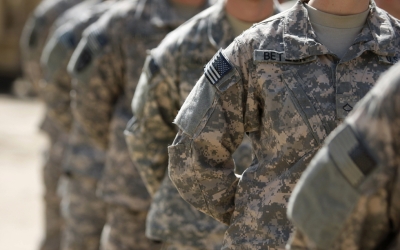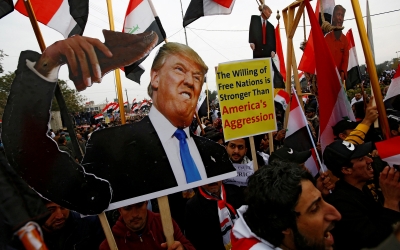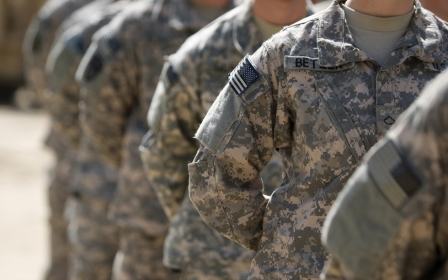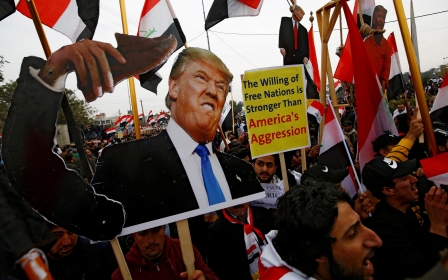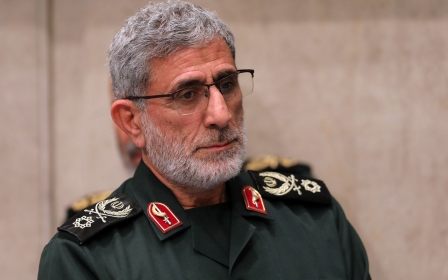US seeks Iraqi permission to install Patriot air defences after Iran attack
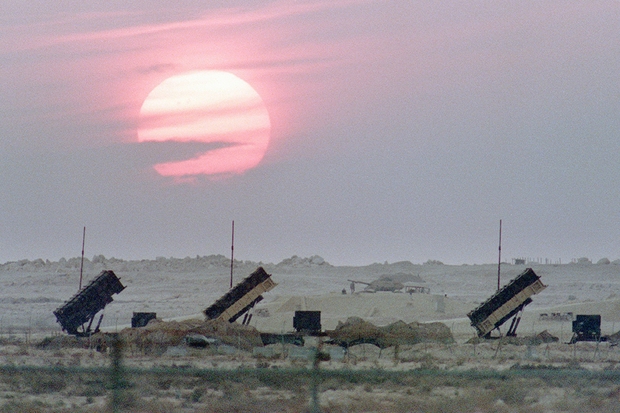
The United States is looking for permission from Iraq to install Patriot missile air defences inside the country to better defend US forces after Iran's 8 January attack, which wounded 64 American troops, Defence Secretary Mark Esper said.
The US did not have Patriot deployed at the Ain al-Asad air base in Iraq, where at least 11 of Iran's ballistic missiles struck, killing no one but triggering massive blasts that caused traumatic brain injuries among US forces.
"We need the permission of the Iraqis," Esper told a news conference on Thursday.
The Pentagon chief said the US military was still deciding on more tactical issues, such as where best to place the defences.
He said securing Iraq's permission was one factor slowing the repositioning of air defences.
Tehran had been expected to retaliate against the US over the killing of top Iranian general Qassem Soleimani. It was thought likely that Iran would use ballistic missiles.
But in the days prior to the Iranian strikes, the Pentagon had expected Iran to target US positions in countries other than Iraq, since Tehran counts influential allies in Baghdad.
The US had moved Patriot batteries last year to Saudi Arabia, for example.
The missile attacks capped a spiral of violence that began in late December. Both sides have refrained from further military escalation.
Trump injury comments defended
Thanks to US intelligence, the Pentagon gained hours of warning time that allowed it to move troops to bunkers that were strong enough to prevent loss of life or limb when the Iranian missiles struck, US officials say.
The bunkers were not designed to prevent the traumatic brain injuries from the huge blasts.
Esper on Thursday defended US President Donald Trump's response to the injuries, saying that the president cared about the service members.
Last week, Trump appeared to play down the injuries, saying he "heard that they had headaches and a couple of other things", prompting criticism from lawmakers and a US veterans group.
Of the 64 service members diagnosed, 39 had returned to duty, the military said.
"I've had the chance to speak with the president. He is very concerned about the health and welfare of all of our service members, particularly those who were involved in the operations in Iraq, and he understands the nature of these injuries," Esper said.
Pentagon officials said there had been no effort to minimise or delay information on concussive injuries, but its handling of the injuries following Tehran's attack has renewed questions over the US military's policy regarding how it deals with suspected brain injuries.
"[Traumatic brain injury] manifests itself over time … I still believe that morning there were no casualties reported," Esper said.
Since 2000, about 408,000 service members have been diagnosed with traumatic brain injury, according to Pentagon data.
Middle East Eye delivers independent and unrivalled coverage and analysis of the Middle East, North Africa and beyond. To learn more about republishing this content and the associated fees, please fill out this form. More about MEE can be found here.


